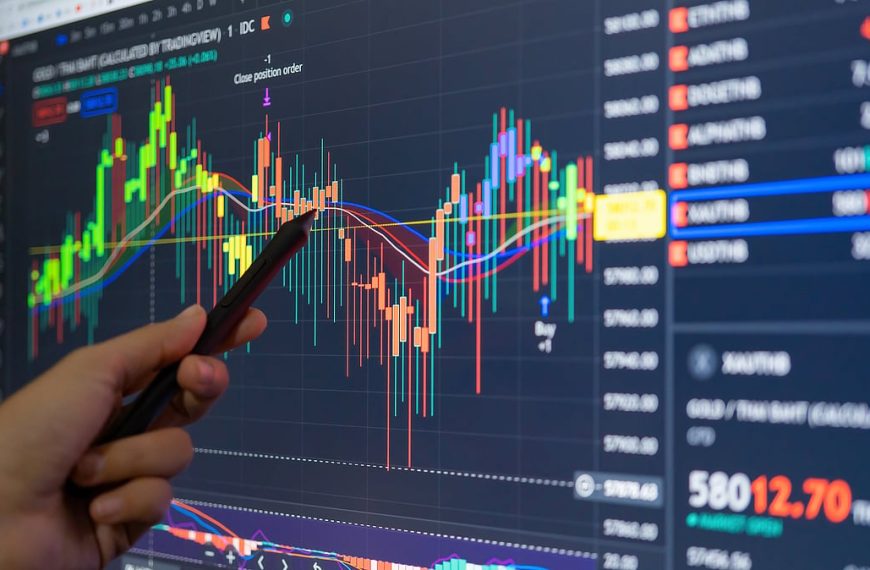Investors looking to Southeast Asia as a viable alternative to China are facing a harsh reality check. Concerns surrounding President Prabowo Subianto’s grip on power are unsettling Indonesian markets, while Thailand’s economic outlook appears grim despite attempts at market stabilization. Additionally, Malaysia’s semiconductor exports are threatened by Trump’s sector-specific tariffs, raising alarms for investors across the region.
The Current State of Southeast Asia’s Economy
The macroeconomic landscape in Southeast Asia is increasingly concerning. According to Xin-Yao Ng, an investment director at Aberdeen Investments, "Weak economic indicators and political instability are amplifying negativity in ASEAN, especially during a time when a trade war and advancements in China’s AI capabilities are dominating headlines." This has prompted many global funds to withdraw, contributing to a correction in the MSCI Asean Index.
- Key Issues:
- Political instability in Indonesia
- Economic pessimism in Thailand
- Impact of U.S. tariffs on Malaysia’s chip exports
Capital Outflows and Market Response
As investors flee, the appeal of Southeast Asia is waning, particularly as Chinese stocks surge. The shift in focus from emerging markets, excluding China, is evident, with DeepSeek’s technological advancements and a favorable economic outlook for China drawing attention away from ASEAN countries.
The U.S. administration’s announcement of reciprocal tariffs set to begin on April 2 adds another layer of complexity, causing potential monetary easing but also highlighting currency concerns. The Jakarta Composite Index has plummeted by 20% since its peak last September, prompting analysts like Jahnavi Bhagwati of Koka Capital to suggest that the market has finally recognized the inherent risks.
Shifting Political Landscape
Since Prabowo took office, his more centralized policies have unnerved investors who anticipated a continuation of former President Jokowi’s pro-business agenda. Kenneth Tang, a senior portfolio manager at Nikko Asset Management, notes that the increased centralization coincides with a general weakening of emerging market currencies, leading many to reassess their risk exposures.
Potential Opportunities Amidst Caution
Despite the downturn, some analysts are suggesting that now might be the time to invest at lower valuations. Recently, UBS Group AG upgraded Thailand to an "overweight" position, indicating that the worst of the selloff may be behind it. Indonesia has also emerged as a potential buying opportunity, with its SET index trading at 12 times forward earnings estimates—significantly below the three-year average of 14.5.
Risks Remain High
However, caution is still warranted. Thailand faces deep-seated issues, such as high household debt and ongoing corporate scandals, which have affected stock performance, even in light of a $4.5 billion market support initiative. Additionally, developments surrounding former President Rodrigo Duterte’s legal troubles in the Philippines are further complicating the investment landscape.
According to Nirgunan Tiruchelvam, an analyst at Aletheia Capital, the initial expectations that ASEAN would benefit from the U.S.-China tariff conflict are being dashed by the emergence of specific regional challenges.
In summary, while opportunities exist in Southeast Asia, investors must navigate a myriad of risks, from political instability to economic uncertainties, before making commitments in this complex market.











